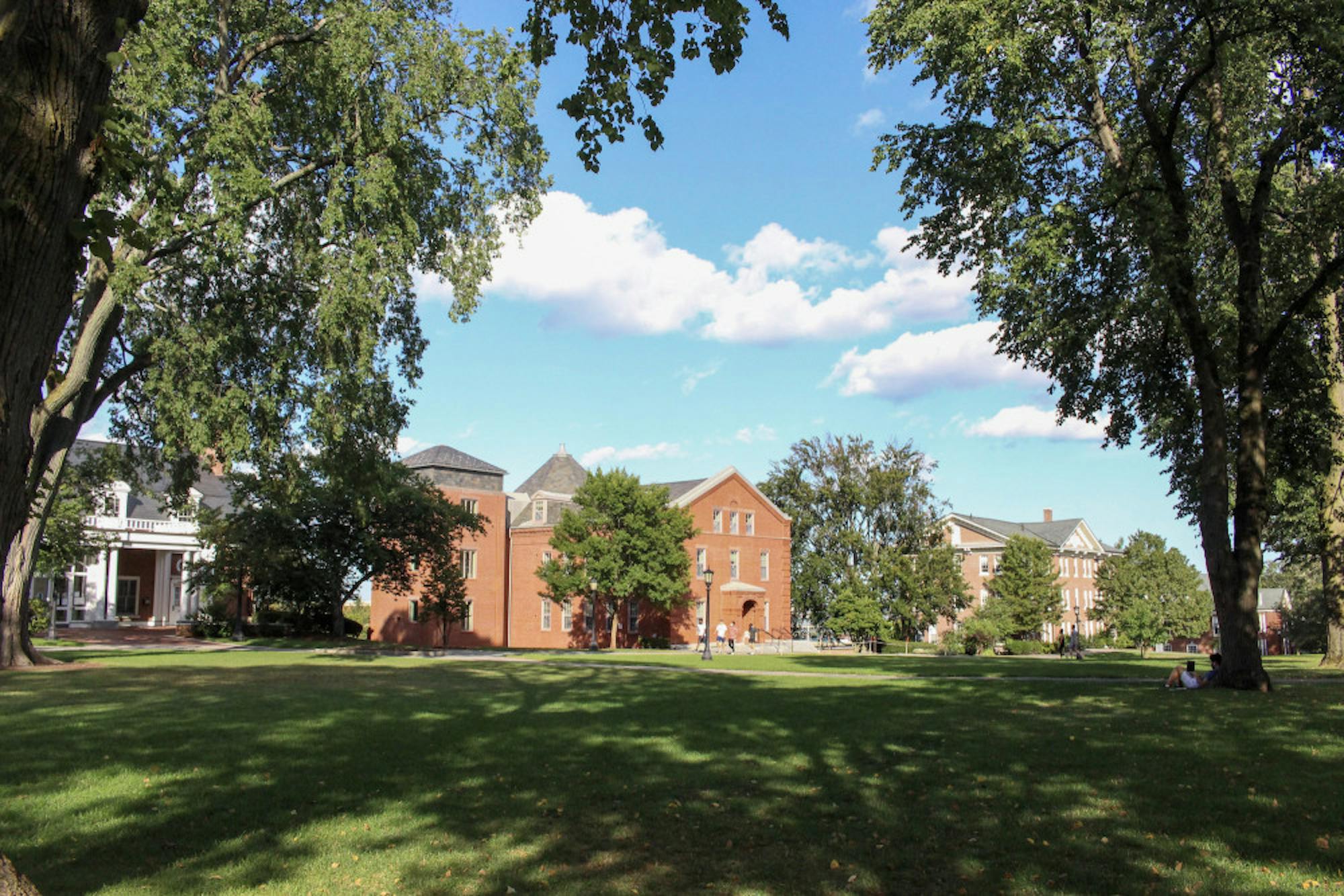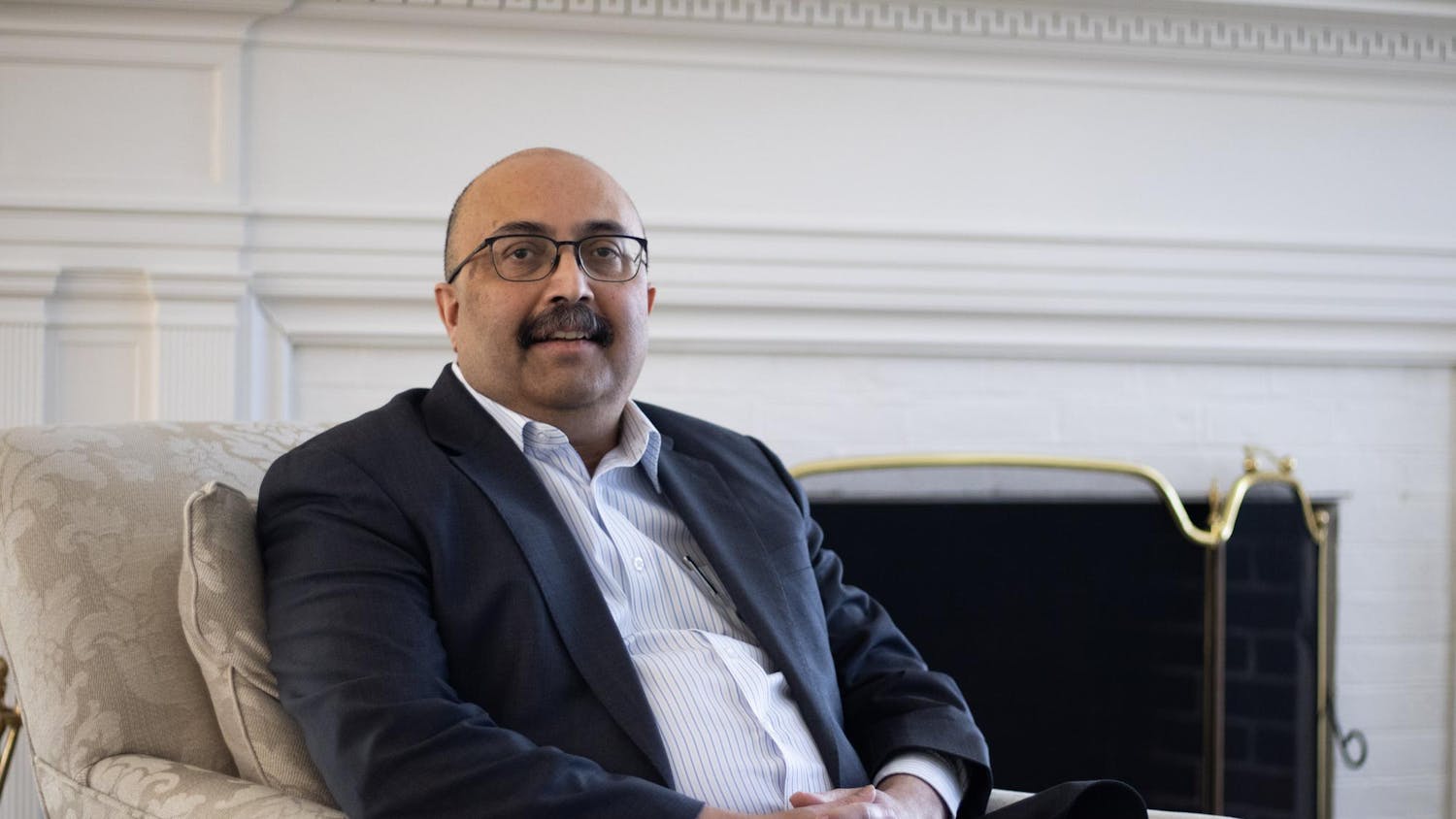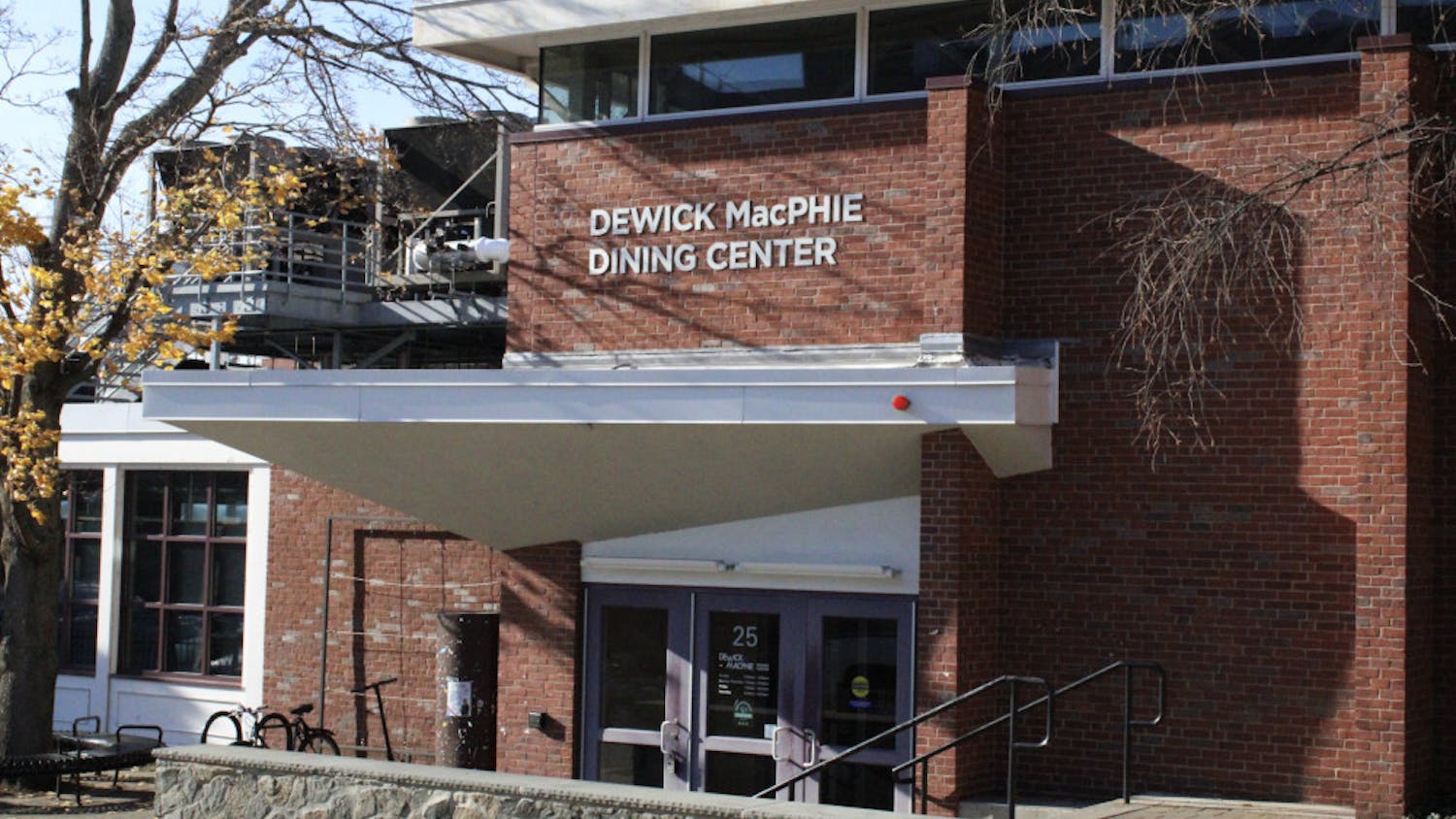Senior university officials held a virtual forum yesterday to discuss the work of the campus safety and policing workstream, one of five workstreams created in July to address the dynamics of policing on campus. The event was moderated by Hope Freeman and welcomed questions from members of the Tufts community.
Freeman, who is the director of the LGBT Center, opened the forum by explaining that it was created to gauge students’ insights and concerns with regard to the role of the Tufts University Police Department (TUPD).
Mike Howard, executive vice president, said that the workstream functions under the university’s broader initiative to become an anti-racist institution. The specific duties of the group include evaluating the suitability of Tufts’ current campus safety and policing model and providing recommendations to advance the university’s core values.
He noted that the university is considering structural changes to its campus safety capabilities.
“[The workstream is] really looking at the model as it exists now for providing these [policing and safety] services, ensuring that it’s the right suite of services,” Howard said. “And then thinking about what’s the best way to deliver those important services.”
Rob Mack, associate provost and chief diversity officer, elaborated on the composition of the workstream.
According to Mack, it meets twice a week and is composed of faculty, staff, graduate students and undergraduate students. The workstream plans to develop recommendations for the university by December and is primarily focused on outreach efforts.
“[The workstream] is deeply invested in many different points of view, and we are at this point in mid-October, spending our time doing community outreach,” Mack said.
Sam Sommers, professor and chair of the Department of Psychology, opened the forum to pre-submitted questions from students. He first spoke about concerns raised by Resident Assistants about the presence of armed police officers when Tufts Emergency Medical Services are called to a scene.
Mack responded that this issue has been of high priority for members of the workstream, who are considering replacing an authorized police officer with another trained professional.
“That’s a model that does exist in other campuses,” Mack said. “You can think of it as a hybrid model where you’re separating resources based on skills and needs, as opposed to our current model, [where] everything [is] being responded to by a sworn officer.”
A student participant later asked if the university can commit to ending its participation in counterterrorism trainingtrips in Israel and military trips abroad.
Mack said that members of the workstream are reviewing the trainings and will provide recommendations.
During the forum, Howard said that the arming of officers is not atypical. He added, however, that the university will continue to discuss this notion.
“The norm for urban campuses like ours does tend to be arming … the active shooter type situations … has led to that,” Howard said. “We, as a committee, will be having a discussion about this topic, and seeing what ideas we can advance with regard to the topic of arming.”
He also discussed anincident that occurred last month, where TUPD was mistakenly called on three women of color who were putting a mask on the Jumbo statue, as part of an initiative by the Jonathan M. Tisch College of Civic Life.
“That investigation is well underway,” Howard said. “All data on the event itself … has been completed at this point. We’re waiting for the final findings from the law firm doing the investigation."
Mack explained that university administration is working to update the TUPD website for transparency around data, budgets and information, more broadly.
He said the workstream will continue to devise ways of creating or refining a system that is responsive to the communities' needs.
"We are working quickly this semester to reimagine a new model," Mack said.






